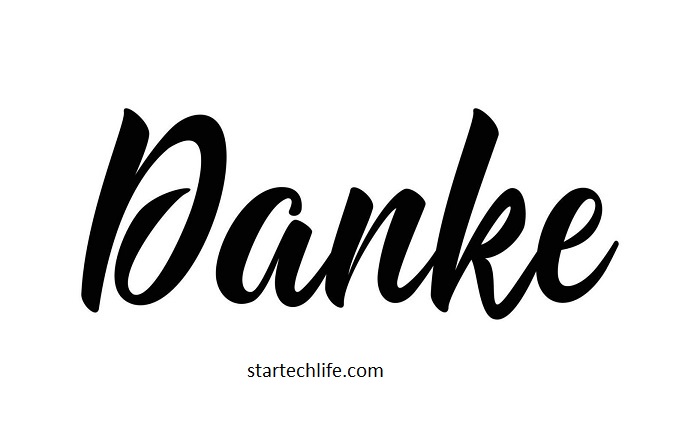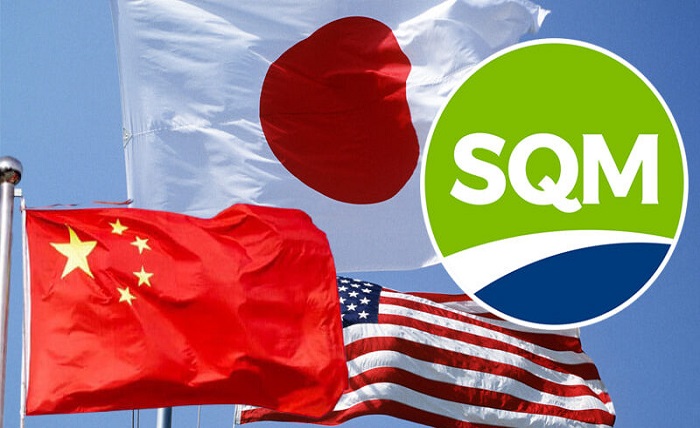Danke schön! Handling the Variations in German Expressions of Thank You

Acquiring knowledge of a new language provides access to intriguing cultures and varied viewpoints. However, sometimes straightforward tasks like expressing thanks might provide unforeseen difficulties. Being able to say “thank you” in German will improve your interactions and show you that people genuinely appreciate you. It’s a social glue. Now, put an end to the embarrassing “danke?” and explore the fun world of thanking people in German!
Danke: Your Go-To Everyday
Let’s begin with the traditional “Danke” (pronounced “dan-keh”). This multipurpose treasure can be used for everything, from a brief “thank you” at the bakery to sincerely thanking a buddy. It is informal, well-known, and well comprehended. However, don’t undervalue its impact—a sincere “Danke” can make a big difference!
Thank You, Feel Good, and More: Increasing Your Level of Gratitude
Choose “Danke schön” (pronounced “dan-keh shorn”) or “Vielen Dank” (pronounced “fee-len dan-k”) for a little formality. These indicate your sincere gratitude and translate to “thank you kindly” and “many thanks,” respectively. With an even higher emphasis, “Besten Dank” (pronounced “bes-ten dan-k”) means “best thanks.”
Thank You for…: Particularity Counts
Desire to customise your gratitude? Put “für” (pronounced “fyoor”) after the explanation of your appreciation. “Danke für die Hilfe!” Translation: “Thanks for the help!” (pronounced “dan-keh fyur dee hil-feh”). This exhibits attention to detail and illustrates how their actions affected you.
Beyond Danke: Presenting Your Intelligence in Gratitude
Though “Danke” is still the most popular response, German provides a wealth of other options for showing gratitude. Some pearls are as follows:
Ich danke Ihnen: – formal phrase used to address someone as “Sie” (you). Pronounce it “ich dan-keh ee-nen”).
I sincerely appreciate it: / “Ich bin ee-nen zeer dan-kbar” Expressing sincere gratitude while highlighting your debt.
You seem to be well aware of this: (pronounced “Das ist zeer auf-merk-zaam fon ee-nen”) – Very thoughtful of you, emphasising how thoughtful they are.
Vergelt’s Gott!: (pronounced “fer-gelt’s got”) is a customary phrase of gratitude that is frequently heard in Southern Germany. May God reward you.
Pro Tip: The word “Bitte” (pronounced “bit-te”) signifies more than just “please.” Additionally, it might mean “you’re welcome” when someone expresses gratitude. Thus, the appropriate response to “Danke schön!” is a kind “Bitte schön!” (pronounced “bit-te shorn”).
Chambering Formality: Deciding When to Glow
“Sie” and its related forms, such as “Ihnen” (you) and “Ihren” (your), are required in formal circumstances. In these cases, stick to “Danke” or “Vielen Dank”. “Du” and “dir” (you) combined with casual “Danke” or “Danke schön” create a cosy, laid-back mood for intimate friends and family.
Mean It, Don’t Just Say It!
Remember that authenticity is the most crucial component. Even a straightforward “Danke” can be transformed into a potent expression of gratitude with a sincere smile and eye contact.
Final Thought: I appreciate your time!
German “thank you” doesn’t have to be intimidating. You can handle any circumstance with grace and thankfulness if you learn the fundamentals and investigate the subtleties. Thus, the next time you experience generosity from the German people, don’t be afraid to use your “Danke” arsenal and watch your connections grow!
FAQ:
How should I say “Danke”? Pronounce “Danke” as “dan-keh,” with the “a” sounding like “cat” and the “e” sounding like “bed.”
What distinguishes “Vielen Dank” from “Danke schön”? Both phrases convey thanks; however, “Vielen Dank” is a little more formal while “Danke schön” is more colloquial.
Is it appropriate to use “Danke” in formal settings? Even while “Danke” is usually used in an informal context, it may also be used in slightly professional ones if you utilise the right body language and tone. For more formal situations, use “Vielen Dank” or “Danke schön.”
How else can I express my gratitude? This blog post provides various different methods to say “thank you” in German. Examine them all to determine which one best fits the circumstance!





